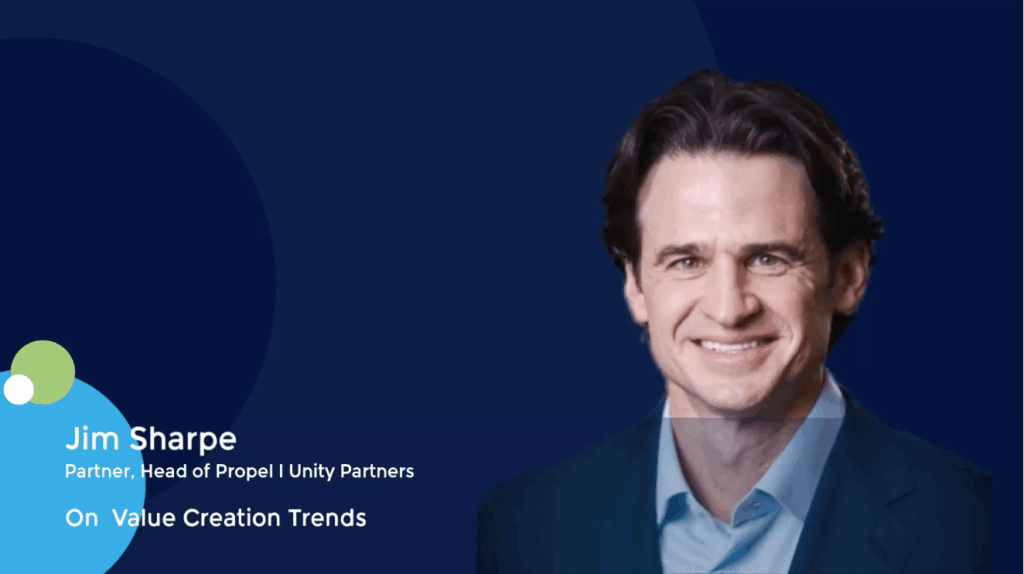PAG secures anchor assets for India packaging platform – Deal Focus
PAG’s investments in India are guided by its earlier experiences in China. The firm’s recent foray into packaging – an acquisition of Pravesha Industries has closed, and an acquisition of Manjushree Technopack awaits regulatory approval – is a case in point. Rather than buy into the consolidation potential of individual brands, PAG builds exposure to supply chains that feed entire industries.
“Our China colleagues tell us, ‘I saw this deal in 2010. They wanted 12x but the business is worth 5x now.’ And you go into the procurement malls in China and the brand’s market share has risen from 2% to 3%. We have learned that it is better to play the ecosystem, to play inputs into multiple brands,” said Lincoln Pan, a partner and co-head of private equity at PAG.
“We are not going to invest in a bottled drink brand that the founder says will grow 100% a year for the next five years. Maybe it will, but as a buyout-focused firm, there are different ways to play.”
Manjushree, which PAG agreed to acquire last November for a reported enterprise value of nearly USD 1bn, manufactures bottles that hold these drinks. Pravesha does the same for pharmaceuticals. They source substrate – raw or recycled PET – locally and ship it to plants close to where customers are located because no one wants to bear the logistics costs of moving a low-value product that’s 80% air.
“The secret sauce is not making the bottle. It is procuring the substrate, and then being geographically proximate to your customers,” said Pan. “We don’t see any global packaging businesses because there are no synergies. People talk about cross-border mergers, but what’s the point of making a five-cent bottle in China and shipping it around the world, paying the air cost of the container?”
The platform concept
PAG will be Manjushree’s third consecutive private equity backer. Kedaara Capital bought a 40% stake in 2015 and then exited in full three years later when Advent International acquired 97% at a INR 24.4bn (then USD 330m) valuation. While beverages remain the biggest end-use, these investors helped the company diversify into personal care, pharmaceuticals, and agrochemicals.
Manjushree filed for an IPO last August before Advent resolved to sell to PAG. According to the prospectus, revenue reached INR 21.2bn in the 12 months ended March 2024, of which 25% came from carbonated soft drinks. EBITDA and net profit for the year were INR 3.8bn and INR 1.4bn, respectively.
The company claims to be the largest player in India’s rigid plastic packaging segment, which is expected to grow from INR 988bn to INR 1.29trn between 2024 and 2028. The country’s broader packaging market is tipped to rise from INR 6.6trn to INR 8.6trn over the same period, with the prospectus pointing to “a transformative shift towards consolidation, driven by the ambitions of organized players.”
Rigid plastic packaging is just over one-third of the plastic packaging market that accounted for 45% of overall packaging in 2023. Only 40% of rigid plastic packaging is considered organised, and Manjushree enjoys a 7.4% share of that. Small-scale players together contribute 55% of revenue.
Pravesha is one-quarter of Manjushree’s size, but that is where PAG began its work over 10 months ago. The investment case was bolstered by the private equity firm’s existing exposure to pharmaceutical product manufacturers Optimus and Anjan Drug, which have commercial relationships with Aurobindo Pharma [NSE:AUROPHARMA], Pravesha’s parent company.
“You need some kind of edge – a way of understanding businesses better – or you are just bidding up to win,” Pan observed.
The company was not a straightforward proposition. It was founded as a captive unit of Aurobindo, and even as a spin-out controlled by the same promoters, Aurobindo is responsible for 75% of revenue. Going fully independent widens Pravesha’s addressable market, but PAG had to contend with risks around customer concentration and a feasible path to exit.
Getting comfortable with Pravesha led the private equity firm to Manjushree and the prospect of building an industry platform. Pan declined to comment on how the two companies are likely to work together. However, there appears to be minimal overlap between the two.
Manjushree is a diversified behemoth – with 23 plants nationwide and an installed capacity of 268,940 metric tonnes per annum – and a proxy for rising household consumption. Pravesha is a niche operator, producing over 15,000 metric tonnes of packaging each year for drugmakers that serve export markets. About 95% of its products are used in developed economies, including the US and Europe.
M&A to come
One way or another, PAG’s nascent packaging platform will engage in additional M&A. However, it is likely to favour companies that are specialists in industry verticals with defensive characteristics.
Pravesha’s closed-end supply chain is hard to replicate: bottles, caps, and labels move from a manufacturing clean room to a customer’s pharmaceutical clean room, where pills are dropped in, and finished products are shipped directly to the US. Pan sees similar qualities in areas like agrochemicals and cosmetics, which must also adhere to international regulatory standards.
“Many industries are super-fragmented and there are lots of roll-up opportunities. We like things with barriers to entry,” Pan said, adding that India is the one Asian market where PAG relaxes its embargo on investments in export-oriented manufacturing – if targets meet specific criteria.
“Pharma packaging is interesting because it’s regulated, you need clean room structures and compliance and checking systems. We are not going to do something like auto parts or commodity chemicals in India. They aren’t defensive enough for us.”











